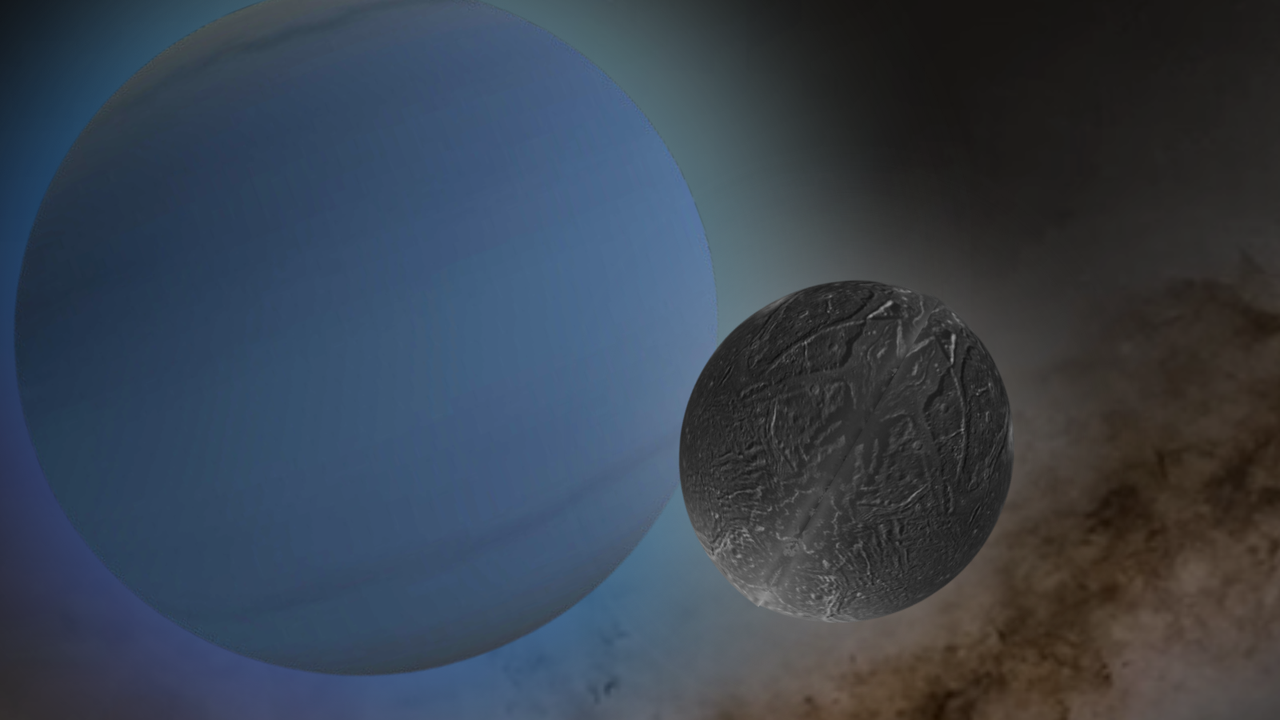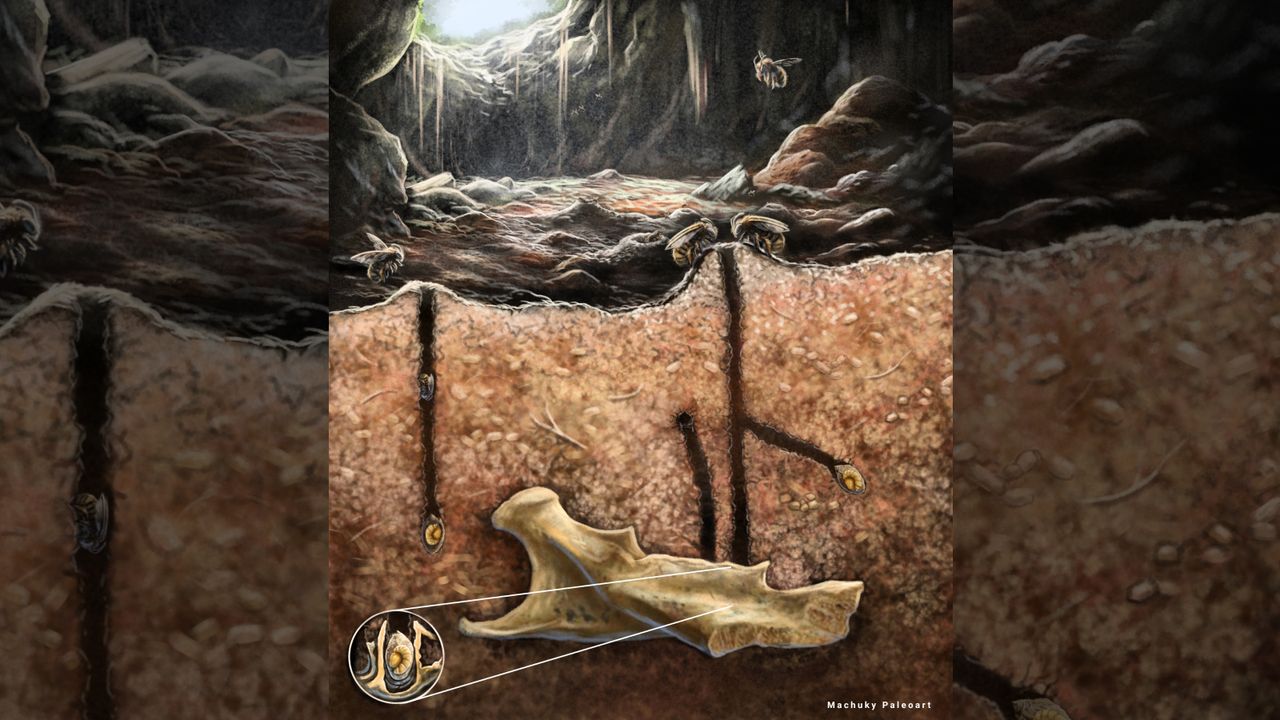A hidden ocean may have once existed on Uranus' moon Ariel
NeutralScience

Recent research suggests that Ariel, one of Uranus' moons, may have once harbored a subsurface ocean. This discovery is significant as it enhances our understanding of the moon's geological history and the potential for similar conditions on other celestial bodies. The implications of such findings could reshape our knowledge of icy moons and their capacity to support life.
— via World Pulse Now AI Editorial System


